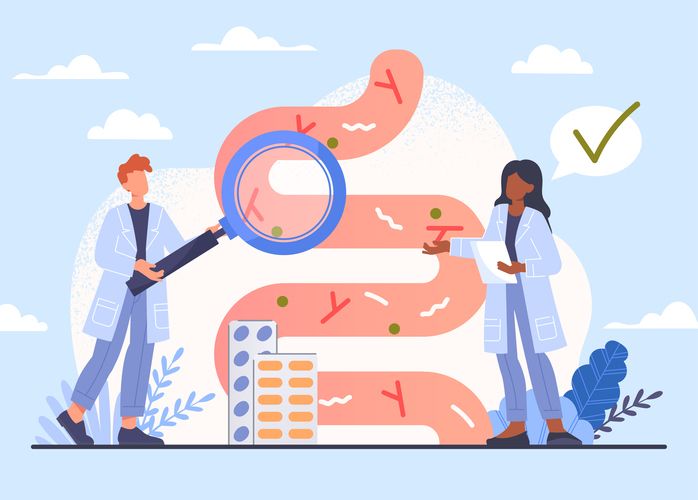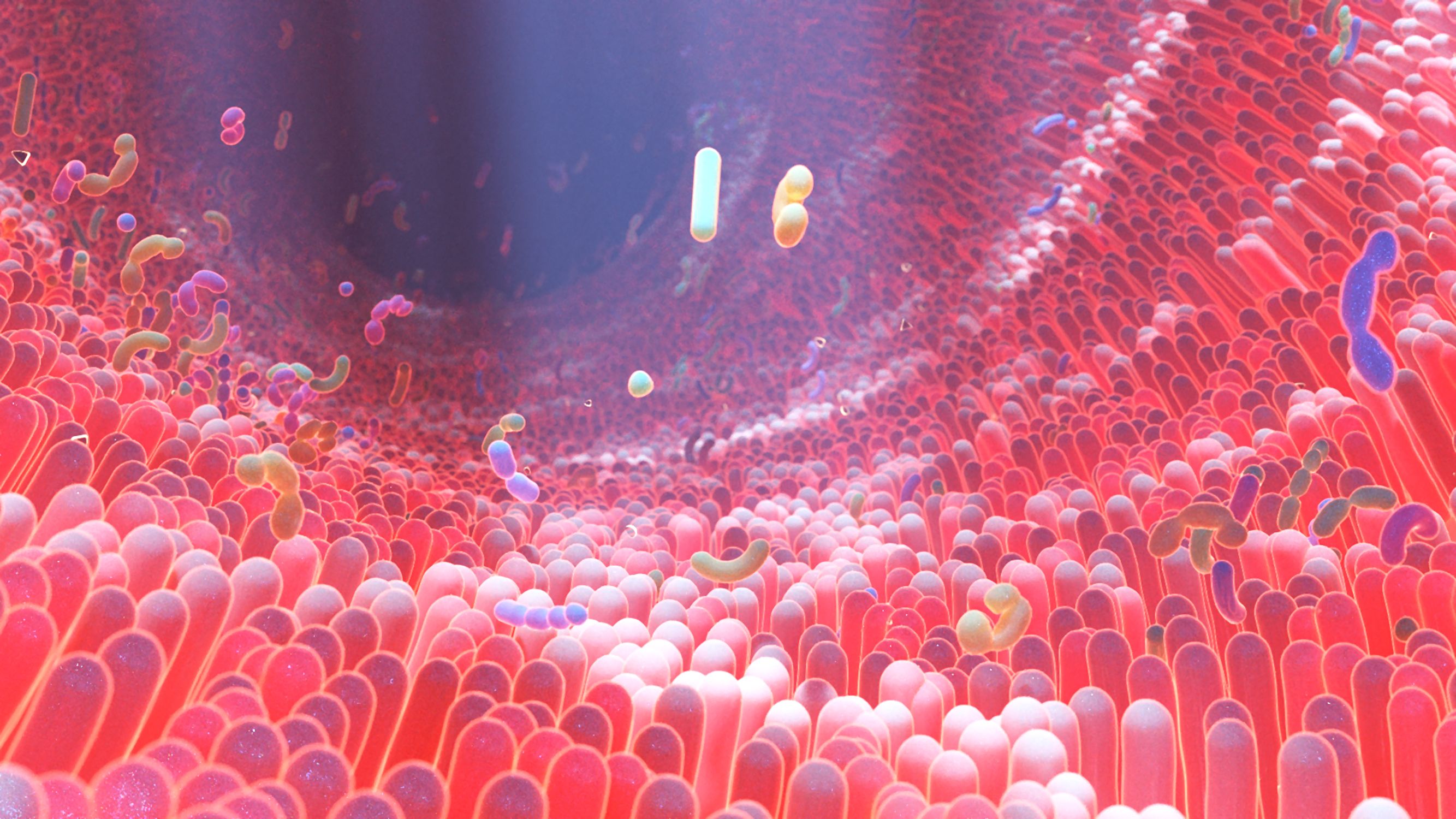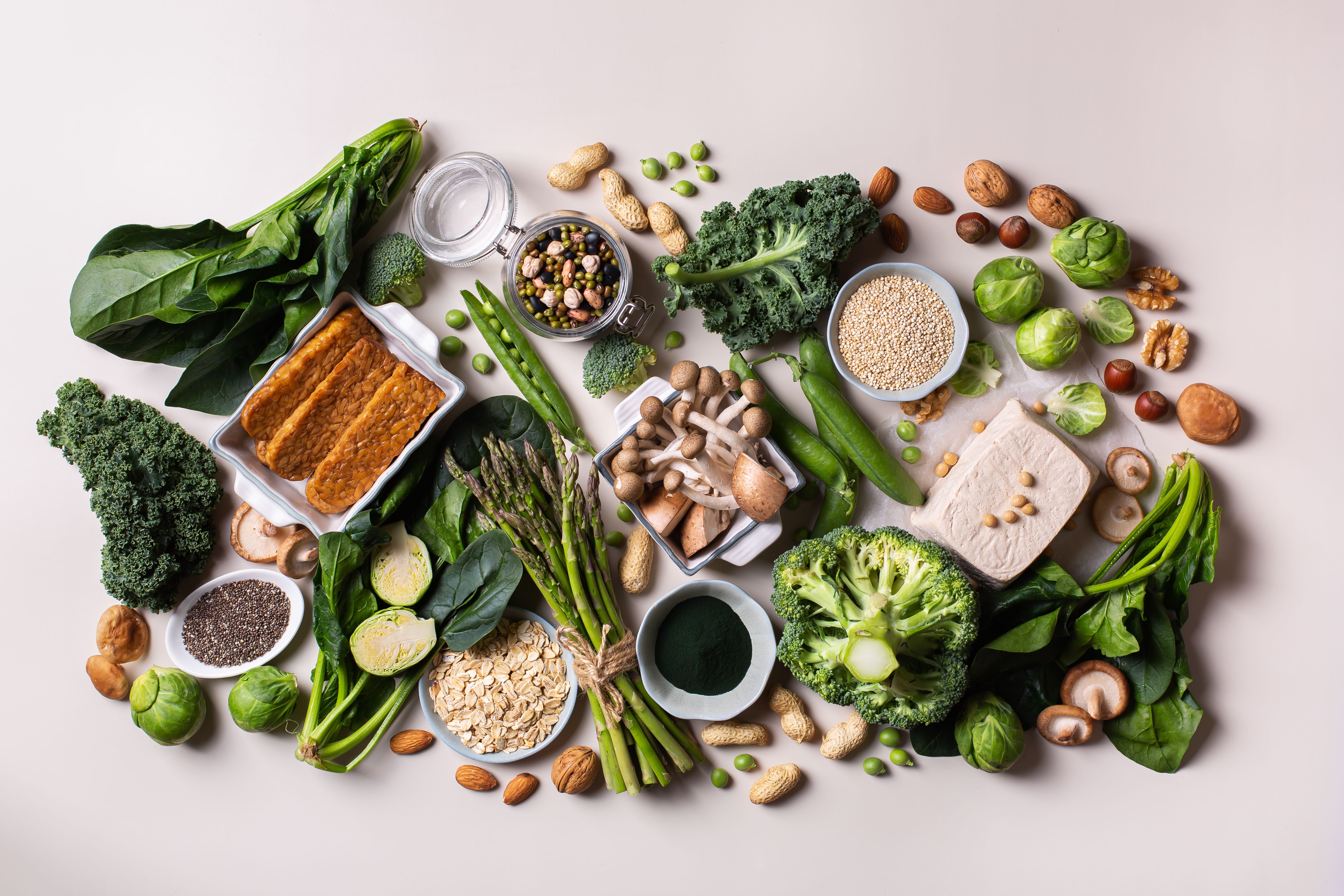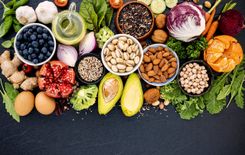The Gut Microbiome

You may have heard that looking after your gut is important for your health, but why?
What is the gut microbiome?
Your intestines are the home to a community of microbes, known as your gut microbiota. They are incredibly powerful! Thanks to the trillions of microbes (a combination of bacteria, viruses and fungi), it is capable of thousands of functions [1]. In fact, more and more evidence has shown that whatever your health goal; weight loss, improving fitness, healthier skin, improved immunity or improving your mood - it is essential [1]. Also, unlike our genetics, we have the ability to influence our gut microbiome simply by how we treat it [2].
These microbes weigh between 1-2kg and together they function as an extra organ in the body. There are up to 1,000 species of bacteria in a human gut microbiome and each of them plays a different role. Most of them are extremely important for health, whilst others may cause disease [3].
The gut microbiome begins to affect your body the moment you are born. Everyone’s gut microbiome is unique, just like no two fingerprints are the same [3]. There are many factors that will influence the type of gut bacteria that will live and flourish in your gut - the health of your parents, whether you were born via c-section or naturally and whether you were breastfed or bottle fed. As you grow there are many things that can shape the bacteria that live in your gut [3]. Some things are difficult to change, such as genetics whilst some things we can control, such as our diet.

What does the gut microbiome do?
- Trains and supports our immune system
- Communicates with vital organs
- Prevents invasion from bad microbes
- Can make vitamins, amino acids, hormones and chemical messengers
- Influences gut movement and function
- Digests food and absorbs nutrients
Our gut microbiota may even affect our brain and therefore our moods.

How to support a healthy gut
Many factors, including the foods you eat, can affect the health of your gut, including the type of microbes it contains. Having a diverse range of ‘good’ microbes is essential for overall health, not just gut health. A healthy gut will contain a wide variety of microbes [1].
Food variety is key!
It is recommended that you should eat 30 different plant foods per week - this doesn’t mean that you need to be vegetarian or vegan to have a healthy gut [8]. Increasing the amount of fruit or vegetables you eat daily is a great start. Try to eat plant foods in a variety of different colours. These foods are rich in fibre and polyphenols which the ‘good’ microbes love! [8]
Plant-based foods include things like; fruits, vegetables, nuts, seeds, legumes and wholegrains.
Prebiotics
Prebiotics are a type of fibre that feeds the ‘good’ bacteria. These foods pass through your gut without being digested and nourish your gut microbiome. Foods rich in prebiotics include watermelons, blueberries, cashews, pistachios, onions, garlic and leeks [8].
Probiotics
Probiotics are live bacteria, they help to increase the diversity of your gut microbes. Probiotic foods include natural yogurt, kefir, kimchi, tempeh, sauerkraut and pickles. There is some evidence that shows consuming these foods encourages the growth of ‘good’ microbes and benefits overall health [1].
Other ways to support your gut microbiome:
- Reducing your consumption of ultra-processed foods
- Reducing your consumption of sugar and artificial sweeteners
- Having good sleep
- Regular exercise
- Reducing stress

Takeaway message
Your gut microbiome is extremely important in many aspects of health. For a happier and healthier gut try to eat a diverse range of plant based foods as this supports a diverse microbiome and changing your diet isn’t the only way to improve your gut health.
References
1. Aoun, A., Darwish, F. and Hamod, N., 2020. The influence of the gut microbiome on obesity in adults and the role of probiotics, prebiotics, and synbiotics for weight loss. Preventive nutrition and food science, 25(2), p.113.
2. Ballini, A., Scacco, S., Boccellino, M., Santacroce, L. and Arrigoni, R., 2020. Microbiota and obesity: where are we now?. Biology, 9(12), p.415.
3. De Angelis, M., Ferrocino, I., Calabrese, F.M., De Filippis, F., Cavallo, N., Siragusa, S., Rampelli, S., Di Cagno, R., Rantsiou, K., Vannini, L. and Pellegrini, N., 2020. Diet influences the functions of the human intestinal microbiome. Scientific reports, 10(1), p.4247.
4. Willis, H.J. and Slavin, J.L., 2020. The influence of diet interventions using whole, plant food on the gut microbiome: a narrative review. Journal of the Academy of Nutrition and Dietetics, 120(4), pp.608-623.








